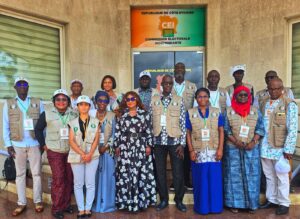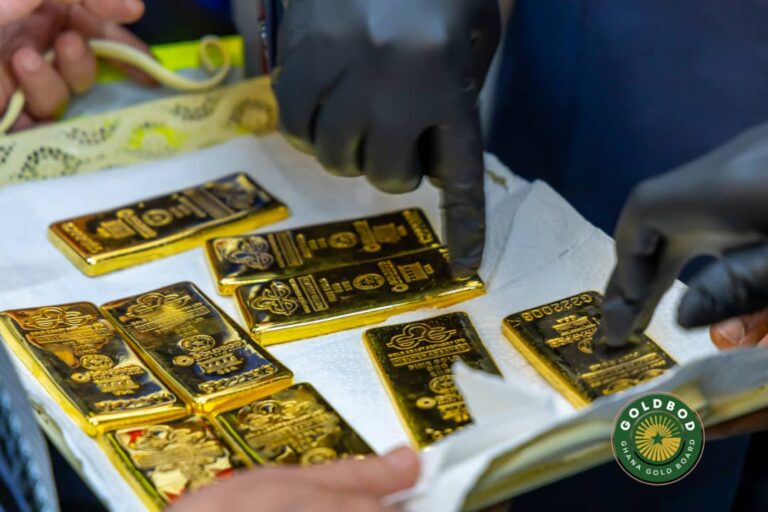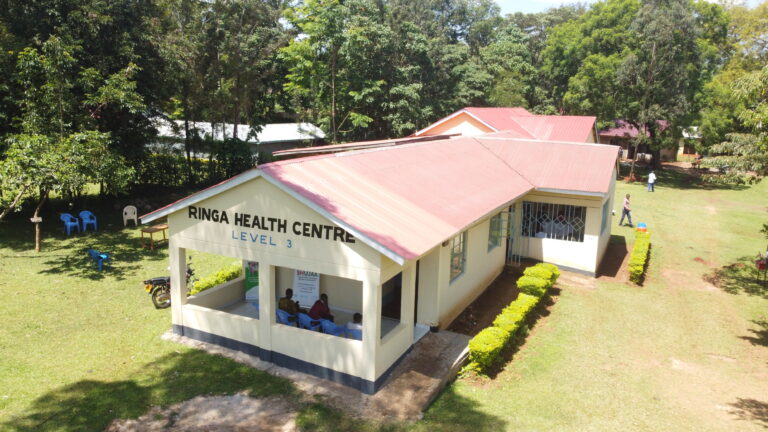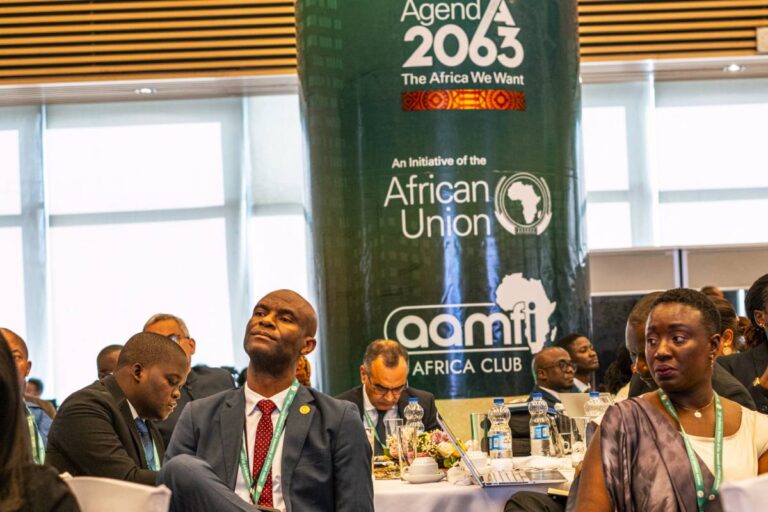The Economic Community of West African States (ECOWAS) has deployed a Long-Term Election Observation Mission (LTEOM) in Côte d’Ivoire.
The country is preparing for the presidential election on 25 October 2025.
The mission resumed after the launch on October 3 at the ECOWAS Resident Representation Office in Abidjan, and was presided over by Ambassador Fanta Cissé, Resident Representative of ECOWAS.
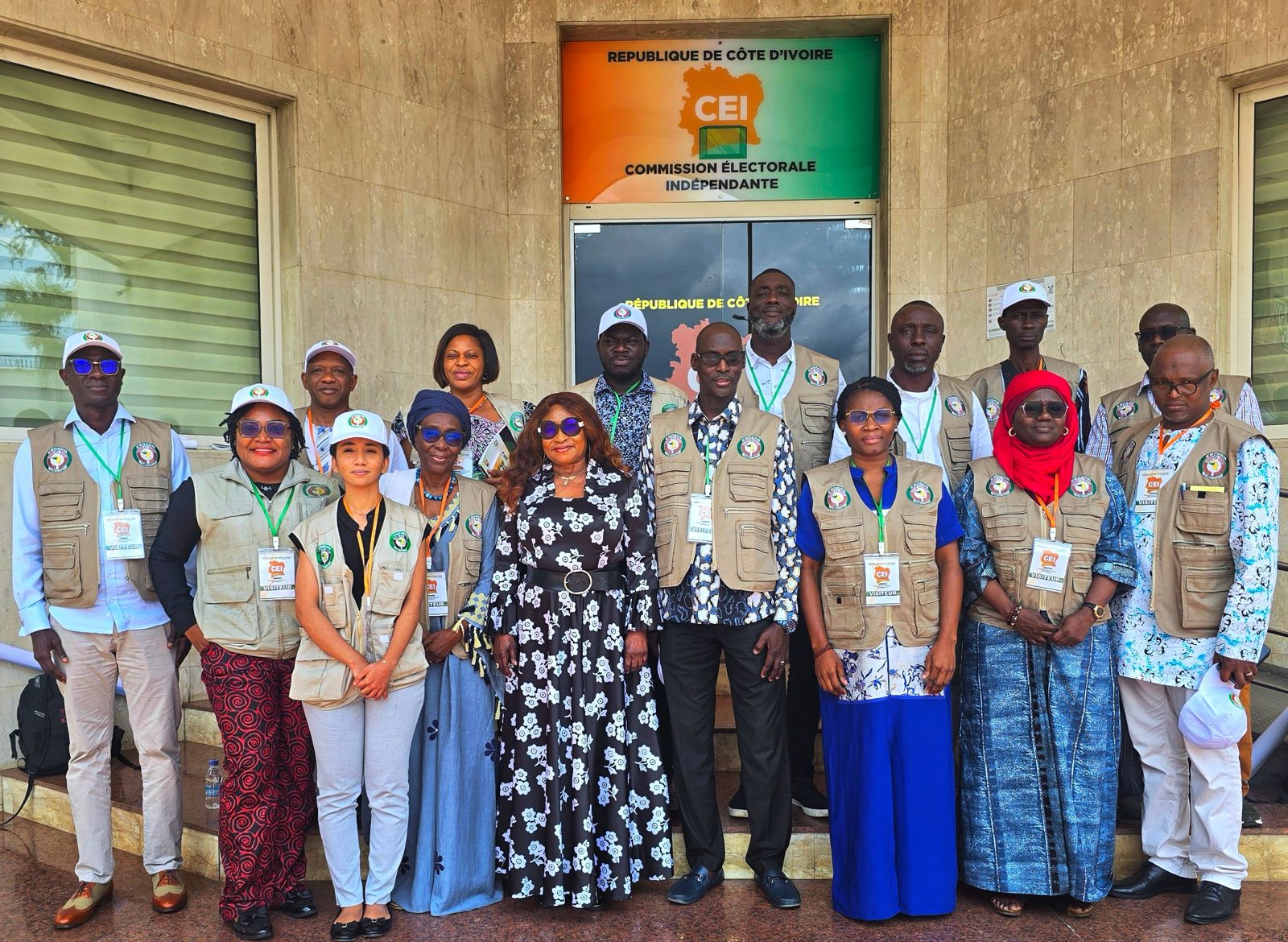
LTEOM and Ivory Coast Elections
ECOWAS stated that the LTEOM will monitor the entire electoral cycle, including voter registration, campaigning, media access, election-day logistics, the counting process, and post-election developments.
LTEOM’s objective is to gather and analyse field information, and to contribute to the prevention and resolution of potential tensions. Observers will remain in the country through the campaign and immediately after the vote.
The timing matters. Côte d’Ivoire’s 2010–11 post-election crisis left deep scars. The country and the region have watched, in recent years, as disputed polls and military takeovers in parts of West Africa underlined how fragile democratic gains can be.
ECOWAS’s early presence in Abidjan is, in part, meant to reduce the risk that an electoral dispute could erupt into a wider crisis.
Who are the candidates?
The Constitutional Council and electoral authorities published a final list of five approved candidates for the presidential election.
The five candidates include, Alassane Ouattara, the incumbent president and candidate of the ruling coalition, Simone Ehivet Gbagbo, wife of the former president, Laurent Gbagbo, who is running for the Capable Generations Movement (MGC).
Former PDCI member now running under the Democratic Congress (Code); Ahoua Don Melo, former executive vice-president of the PPA-CI; and Henriette Lagou Adjoua of the GP-Paix coalition.
The five names comprise the official ballot as the campaign period unfolds, reflecting the final outcome of the vetting process conducted by electoral institutions.
Why were key figures excluded from the contest
At the same time, the process excluded several high-profile figures who played major roles in Ivorian politics.
Media reporting and statements from political actors show that a number of would-be candidates were removed from the voter roll or declared ineligible for procedural, legal, or administrative reasons.
Among those removed or declared ineligible by authorities or courts are the candidacies of ex-president Laurent Gbagbo (PPA-CI) and former PDCI leader Tidjane Thiam, both declared ineligible.
The council also disqualified lawmaker Assalé Tiémoko, and FPI leader Pascal Affi N’Guessan, for failing to secure the required endorsements.
Their removal received criticism from political figures, including the opposition, who claimed that the move has led to reduced competition in the highly and tensely contested elections.
Protests erupted in various parts of the Ivory Coast after the official list was made public, with opposition groups demanding a more inclusive process in the removal procedure. BBC Pidgin and other outlets documented demonstrations and public unrest.
Security forces swiftly responded to the protests, with local media reports linking the upheaval to recently witnessed protests in the country.
Human rights organisations and Le Monde’s coverage documented arrests of party members and activists and restrictions on gatherings in some areas after authorities invoked public order concerns.
Authorities have defended their actions as necessary to preserve security during a sensitive period.
The government also mobilised a nationwide security operation, named “Espérance,” to secure polling logistics and public order.
Civil society and rights groups warned that heavy-handed policing could stifle legitimate political activity and increase tension.
For many Ivorians, the question is: can security be maintained without unnecessarily limiting political freedoms? Observers, local and regional, will be watching how that balance is handled in the coming weeks.
How LTEOM presence is expected to enhance transparency
ECOWAS’s long-term mission is not just a presence on paper. The team is tasked with monitoring the full electoral cycle and reporting on the integrity of key processes: the accuracy of voter registers, equal access to media for campaigning, fairness in the administration of polling stations, and the transparency of complaint and appeal mechanisms.
For ECOWAS, the stakes are regional. Since 2020, several West African states have experienced coups or serious constitutional crises.
These events have challenged ECOWAS’s ability to prevent and respond to threats to democracy. Sending a long-term mission early is meant to provide an independent assessment of conditions on the ground and, where necessary, to raise early alarms that could lead to mediation or corrective measures.
If observers document problems, their reports will be a source of pressure on national authorities and could influence how other international partners respond. If observers find the process largely credible, their presence can help reassure voters and parties and reduce incentives for violent contestation.
Politics in Côte d’Ivoire cannot be separated from the economy, and in this country, cocoa is politics.
The government announced a rise in the guaranteed farm-gate price for cocoa shortly before the campaign started.
The move aimed to improve farmer incomes after a period of volatility in global cocoa markets. Reporting from Africanews and other outlets highlighted the increase and its immediate reception among farming communities.
For smallholder farmers, the price rise represents tangible relief: money for school fees, household needs, and farm inputs.
For many rural voters, such measures affect immediate living standards and can shape their view of the government’s responsiveness.
At the same time, the timing of the price announcement, weeks before the vote, fuels suspicion among critics who say state economic measures can be used selectively to influence voting.
Observers will be interested in how the price increase is implemented: whether payments reach farmers promptly, whether delivery is equitable across regions, and whether the measure is announced and applied transparently.
On a structural level, analysts point to larger challenges in the cocoa sector: global price swings, the need for more value addition at home, and international trade pressures such as anti-deforestation rules from major importers.
These longer-running issues also shape voter expectations and the credibility of short-term government measures.
LTEOM areas of concern
As the LTEOM conducts its work, several concrete issues will determine how the election is judged these will include:
Access and inclusion, whether all candidates and parties can campaign freely, especially in regions where they have support; whether excluded contestants have access to impartial legal channels for appeal; and whether electoral authorities accept and adjudicate challenges transparently.
Freedom of assembly and expression, whether demonstration bans and security operations are proportionate and applied evenly; whether journalists and civil society can operate without intimidation.
Electoral administration: the integrity of voter rolls, the timely delivery and security of voting materials, and the training and impartiality of polling staff.
Media environment: equal airtime and access for candidates across state and private media outlets, and the absence of undue censorship.
Economic influence: any evidence of state resources being used to sway particular voter blocs, and the real-world delivery of announced economic measures such as the cocoa price increase.
ECOWAS observers will compile reports based on field visits and stakeholder meetings. Those reports will be one source among several, including domestic observers, civil society, and independent journalists, that international actors and Ivorians themselves use to judge the process.
The immediate stakes are clear: the election will determine the country’s next president. The broader stakes are regional. If the vote proceeds in a manner judged free and credible, it could strengthen democratic norms in a sub-region that has seen several setbacks.
If, however, significant procedural problems are documented and contested, the country risks renewed instability.
Ivorians on the ground express a simple, repeated wish: stability and the ability to live their lives. In markets and neighbourhoods, people talk of jobs, schools, roads and security. They say they want the election to settle leadership questions, not to reopen old divisions.
For ECOWAS, success would be measured not only by the absence of violence but by whether its observers’ findings are taken seriously and whether they contribute to defusing tensions.
For citizens, success will mean a clean process, transparent results and institutions that can handle disputes without violence.
This election is as much about institutions as it is about personalities. The Constitutional Council, the electoral commission, the security services, civil society and regional actors all play roles. How they perform will shape public confidence.
ECOWAS’s long-term mission adds a regional lens to that test. It cannot decide outcomes, but it can document conditions, highlight problems and recommend responses.
Whether those findings change behaviour depends on political leaders, national institutions and the readiness of international partners to support corrective action.
For now, the focus in Abidjan and beyond is preparation, observation and calm. Ivorians head to the polls on 25 October in a country that remembers the costs of contested ballots.
The weeks ahead will decide whether this election reinforces recovery and trust, or whether it deepens the divisions that have tested the country in the past.
